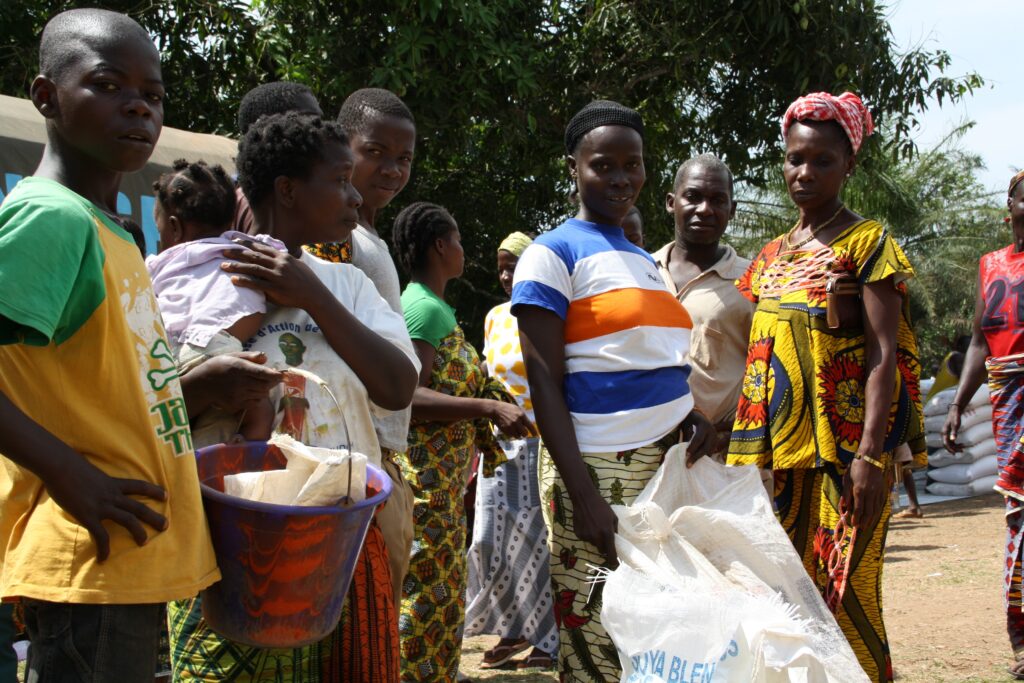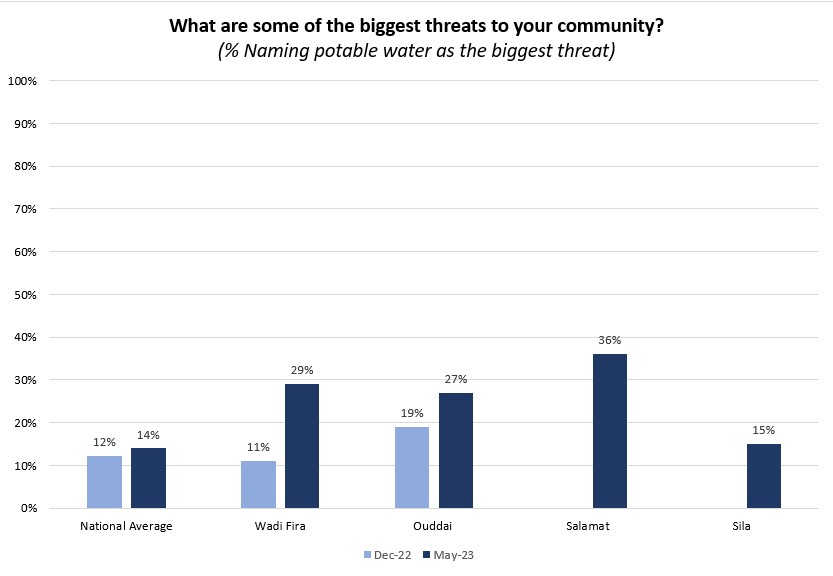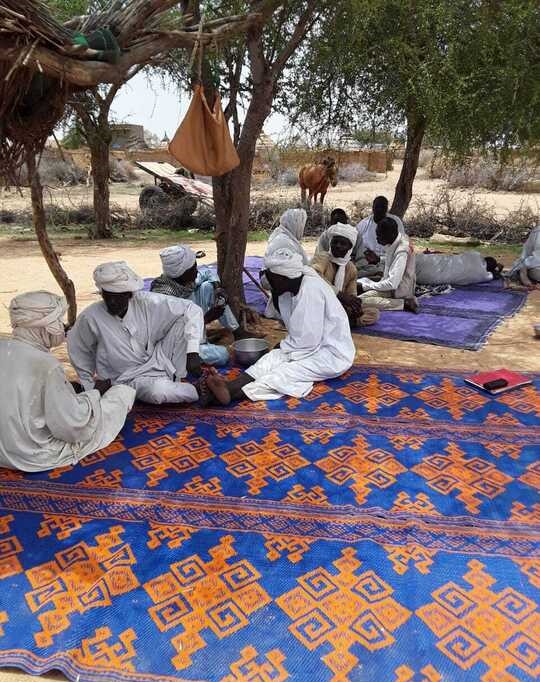By: Victoria Smith, Researcher 2

Photo by Flickr, Attribution License, no changes made
In April of this year, Sudan’s paramilitary Rapid Support Forces (RSF) clashed with Sudan’s national military. Attention quickly shifted to the Darfur region as the RSF, with roots in the Janjaweed militias from the 2000s genocide, engaged in an alleged campaign of ethnic cleansing.1 The region has simmered in conflict for the past two decades, with the recent explosion of violence sending hundreds of thousands fleeing the country. Over 200,000 have fled across the western border to Chad’s Ouddai, Wadi Fira, and Sila regions, making Chad the biggest destination for Sudan’s refugees. 2 However, as Sudanese refugees escape one crisis, it is clear they are entering another in Chad.
Escaping into Crisis
Organizations like UNHCR and the World Food Programme have expressed how refugees – made up of mostly women, children and the elderly – are in dire need of water, food, and sanitation facilities. However, Chad’s arid East faces extreme challenges to water accessibility, made more severe by climate change-induced droughts and flooding. As a result, eastern Chadians, far from the eponymous lake in the west, appear to be particularly concerned about water scarcity – and this concern is increasing.
Figure 1

For example, ORB conducted two surveys in Chad within the last year, one in December 2022 and the other in May 2023. Concern for water in three of the four eastern regions surveyed in Chad is at least twice the national average, and this concern rose between our two waves of polling. In Ouddai, respondents who identified water access to be the biggest threat to their community rose from 19% in December to 27% in May. In Wadi Fira, the number rose nearly 20% in just five months.
When prompted to elaborate further on problems afflicting their community, respondents repeatedly reaffirmed the need to address ongoing water shortages. They called out the need for aid in the region; one woman from Wadi Fira pleaded:
______________________________________
We need water, our situation is not good. I ask the government and NGOs to help.
______________________________________

Photo 1: Community gathering in the shade.
The Coming Storm
Prior to the recent outbreak of violence in Darfur, Chad already hosted nearly 600,000 refugees fleeing conflicts not just in Sudan but also Nigeria, the Central Africa Republic, and Cameroon.3 Chad’s government, already beset by problems of drought, famine, and underdevelopment for its own citizens, has been struggling to keep up with the demands of an influx of refugees – even with the help of NGOs.
To further exacerbate these struggles, the onset of the rainy season threatens the already vulnerable refugee population with disastrous floods and water-borne diseases. Just as our research team could not reach Salamat or Sila during the start of the rainy season, wasrweqhed-out roads cut off non-governmental organizations from the communities they serve.4
Looking Forward
The coming months do not bode well for the residents and refugees in eastern Chad, especially in Ouddai and Wadi Fira. While the conflict in Sudan shows little signs of stopping, pressures will only mount as Sudanese continue to cross the border, and both Chadians and refugees will struggle to obtain basic needs. Access to potable water will likely become more tenuous and the rain will bring illness and isolation. Comprehensive humanitarian response will be necessary to prevent even further loss of life in the region.
______________________________________
Cover Photo: by Flickr, Attribution License, no changes made
1 “Sudan: Attacks Based on Ethnicity May Amount to War Crimes.” UN News, 13 Jun. 2023, https://news.un.org/en/story/2023/06/1137647. Accessed 20 Jul. 2023.
2 “Sudan Situation.” UNHCR Operational Data Portal, 2023. data.unhcr.org/en/situations/sudansituation. Accessed 19 Jul. 2023.
3 Joint Data Center on Forced Displacement. “Refugees in Chad.” UNHCR, World Bank Group, 2022. https://www.jointdatacenter.org/refugees-in-chad/. Accessed 21 July 2023.
4 “Rainy Season Threatens to Cut Off Aid to Sudanese Refugees and Local Communities in Eastern Chad.” MéDecins Sans Frontières, 9 Jun. 2023, www.doctorswithoutborders.org/latest/rainy-season-threatens-cut-aid-sudanese- refugees-and-local-communities-eastern-chad. Accessed 17 Jul. 2023.
